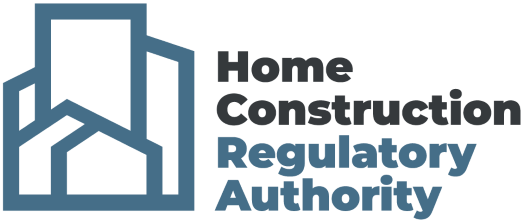Research: Assessing Embodied Carbon Impacts of Residential Climate Resilience Measures
The Institute for Catastrophic Loss Reduction (ICLR) and the Standards Council of Canada, in collaboration with the National Research Council of Canada and Desjardins Insurance, developed this research to help establish best practices in residential construction. The goal is to support Canada’s net-zero objectives while enhancing the safety and resilience of homes and communities in the face of extreme weather events.
The Institute of Catastrophic Loss Reduction (ICLR) is a world-class centre for multidisciplinary disaster prevention research, to further its mission to support the reduction of loss of life and property caused by severe weather and earthquakes through the identification and support of sustained actions that improve society’s capacity to adapt to, anticipate, mitigate, withstand and recover from natural disasters.
The ICLR’s Research Paper Series, includes Assessing Embodied Carbon Impacts of Residential Climate Resilience Measures (2024). In this paper, the project team proposed methodology for assessing the embodied carbon impacts of residential building climate resilience measures and suggest material options for potential low-carbon savings.
This methodology will help building practitioners better understand the lifetime carbon impacts of using climate-resilient building materials and practices versus less resilient ones while also considering the need for retrofits, repairs, or replacements that may be required due to increased climate stresses or natural disasters.
